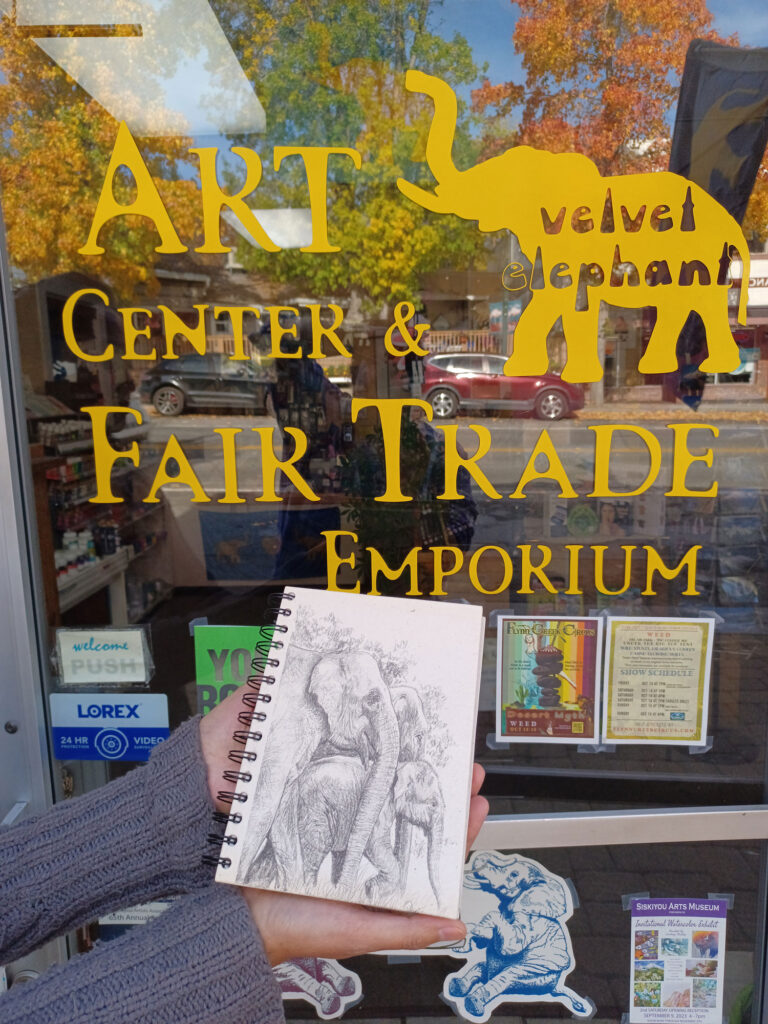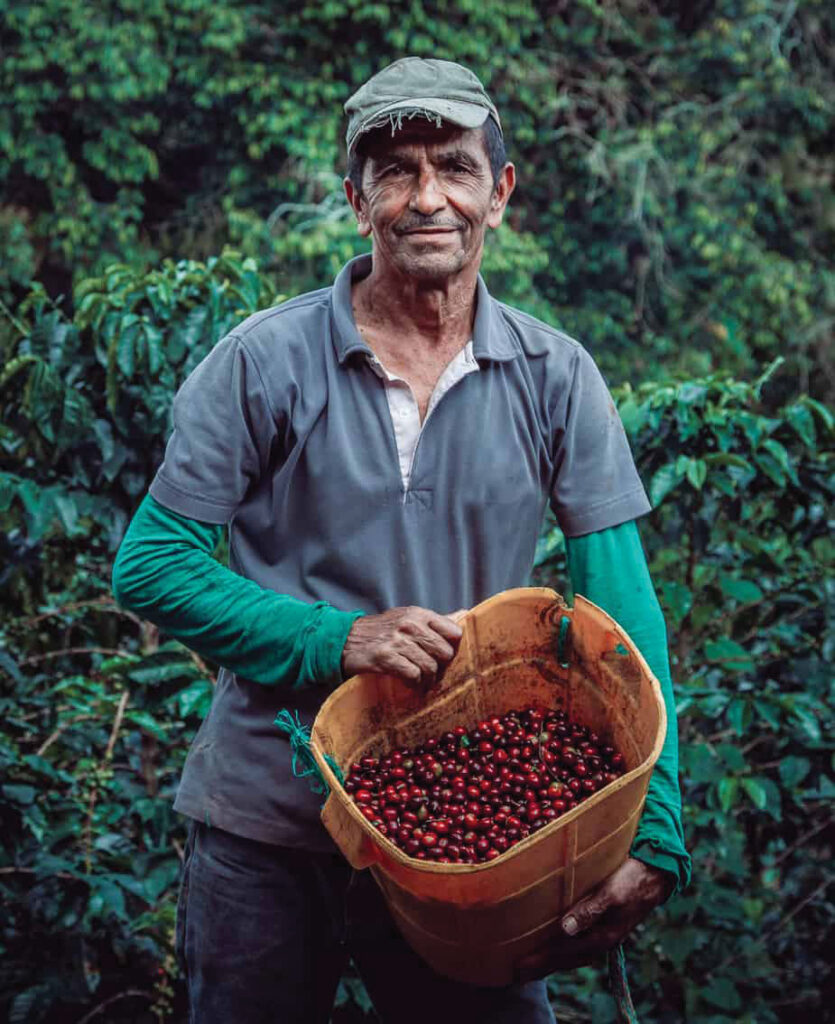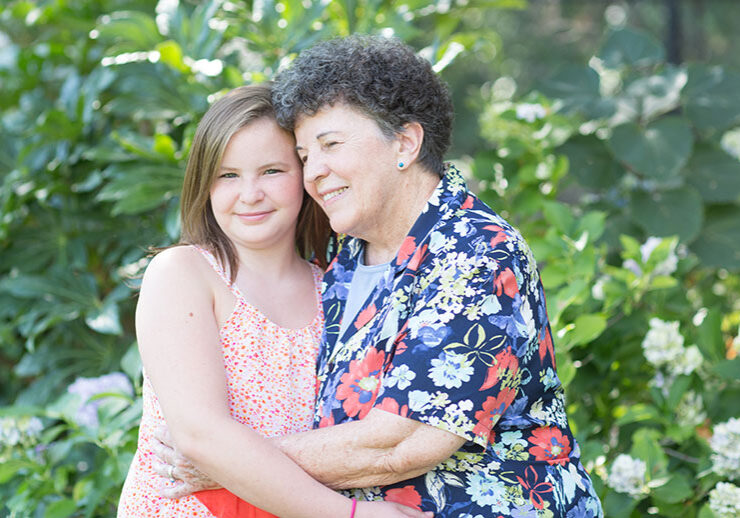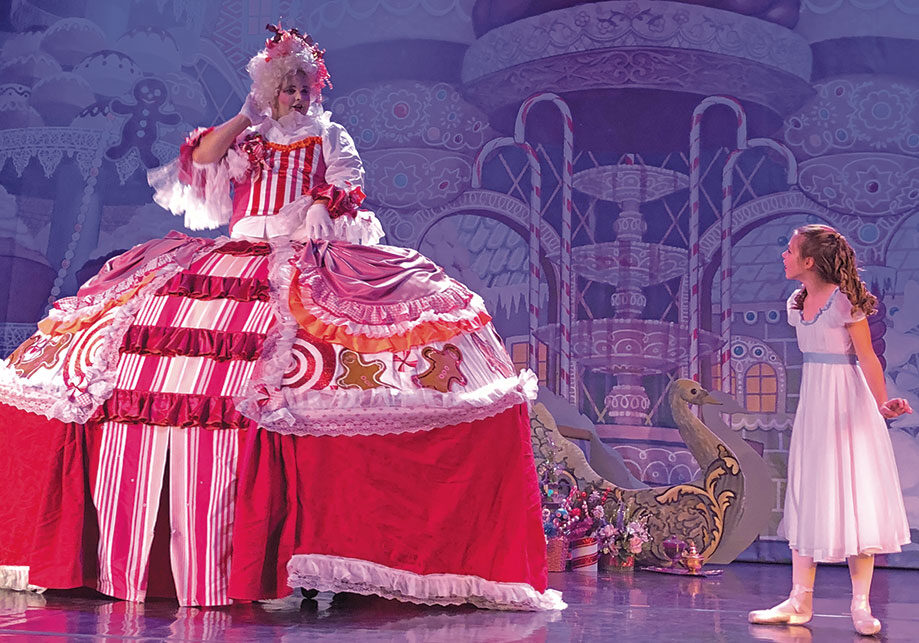Did you drink a cup of coffee or eat a piece of chocolate today? Choosing Fair Trade coffee and chocolate can mean five times the pay for a farmer in a developing nation and a safe working environment in industries dominated by child labor.
As stores make Fair Trade items like chocolate, coffee, home textiles and body products more available, shoppers are becoming familiar with the Fair Trade label. But what does buying Fair Trade mean and who exactly benefits?

Journals made in Sri Lanka, from elephant dung and recycled paper, are an alternative source of income for farmers, encouraging them to preserve the local endangered wild elephant population.
Empowering Women and Families
Buying Fair Trade certified goods provides a helping hand to people in developing countries. When farmers and factory workers who produce these goods receive a fair-trade premium, they decide as a community how to spend the money. Community development projects provide necessities such as health care, clean water and schools, explains Katie Goudey of Fair Trade USA, a Fair Trade organization based in Oakland, CA, which only certifies organic Fair Trade products. Purchasing Fair Trade goods makes a vital impact on women who produce more than half the world’s food but own very little land, empowering them to improve their lives and those of their families and communities.
Good for the Environment, Good for Consumers
Certified Fair Trade goods benefit the environment and consumers. A third-party certifier such as Fair Trade USA requires goods meet these strict environment standards in order to receive the Fair Trade label:
- No GMOs
- Restricted use of pesticides and fertilizers
- No slash and burn agriculture
- Proper management of waste, water and energy
Purchasing Fair Trade goods guarantees products that help protect the natural environment and the health of workers and consumers.
Shop with Heart this Holiday Season
Consider this: The gifts you buy this year could help build a school in a small, rural village; the coffee you drink could make life easier for men and women who picked the beans; the sugar and chocolate you bake with could help protect a fragile environment. You can make a difference with the purchasing choices you make. Fair Trade Certified is expanding its work with major retailers as Target, J Crew, e.l.f. Beauty, and REI and includes a huge range of products including apparel, home goods, even flowers. For a list of major retailers carrying Fair Trade Certified products, go to fairtradecertified.org/our-community/shop-fair-trade/
But better yet, shop local! You can stop by the Velvet Elephant in Mt. Shasta, to find an exceptional selection of beautifully handcrafted Fair Trade clothing, housewares, toys, stationery and more that make great holiday gifts. Purchasing gifts from local Fair Trade businesses does double duty. You support local small businesses and help improve the lives of those who create these unique, beautifully handcrafted items.

Purchasing Fair Trade coffee could make life easier for men and women who pick the beans.
A Nationwide Movement
Thanks to groups committed to Fair Trade, a nationwide movement is helping inform consumers about their purchasing power while making products more accessible. “Every day we can make a difference for the person behind the product,” says Anne Pacheco, Fair Trade activist of La Mesa, CA, an officially designated Fair Trade town. “I often think of those who grow my coffee beans and sew my clothes. This hard work is often done by women and even children. People can be held captive to keep costs low and production high in industries of fashion, chocolate and coffee. Fair Trade helps prevent human trafficking. Fair Trade is not charity, but a real way to make a better life for so many.” Pacheco hopes that the demand for Fair Trade goods continues to grow as more people make choices that promote social justice.
“There are even Fair Trade cities,” explains Iris Credo, owner of The Velvet Elephant art supply and Fair Trade emporium in Mt. Shasta. “In these cities, governments and public institutions pledge to purchase their supplies whenever possible from Fair Trade sources.” Chico is included in the list of over 50 certified Fair Trade cities large and small across the U.S.,
Fair Trade awareness and activism is growing on college campuses, too. Students campaign for awareness and build commitment to use Fair Trade products in dining halls, for campus sweatshirts and other attire. Some universities such as UC San Diego and Point Loma Nazarene are designated Fair Trade Universities committed to educating students and faculty about Fair Trade and sourcing Fair Trade items for their offices and events. A few years ago, Point Loma Nazarene’s students voted to pay an additional $3 per semester to support a Fair Trade Fund. Money raised by the fund goes towards sourcing Fair Trade food and clothing on campus and hosting Fair Trade educational events.
Posted in: Community
Comment Policy: All viewpoints are welcome, but comments should remain relevant. Personal attacks, profanity, and aggressive behavior are not allowed. No spam, advertising, or promoting of products/services. Please, only use your real name and limit the amount of links submitted in your comment.
Comments
Leave a Reply
You Might Also Like...
Serving Youth Makes Our Days Magical! How I Found Happiness By Doing Second Grade Over And Over Again.
Being a Foster Grandparent brings joy to my life every day. After retiring, I spent three years reading every book that sparked my fancy on the shelves of the Mt. […]
Red Bluff Dance Student Accepted in Joffrey Ballet Programs
North State Parent congratulates 16-year-old Dance Red Bluff student Joseph Howarth, who recently became one of only 75 dancers accepted into the Joffrey Ballet School’s four-year New York conservatory. After […]
Is Your Vehicle Ready for Summer?
Think about how much time we spend in our cars driving our kids – these family vehicles should be kept in tip-top shape. Auto maintenance and our family’s safety is […]

The Benefits of Respecting Your Elders
Respect Your Elders In today’s world, respect for one’s elders is an important life skill that seems to be falling by the wayside. We see this in the way children […]





Factory reputation says
I loved as much as you’ll receive carried out right here. The sketch is attractive, your authored material stylish. nonetheless, you command get bought an nervousness over that you wish be delivering the following. unwell unquestionably come more formerly again as exactly the same nearly a lot often inside case you shield this hike.